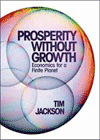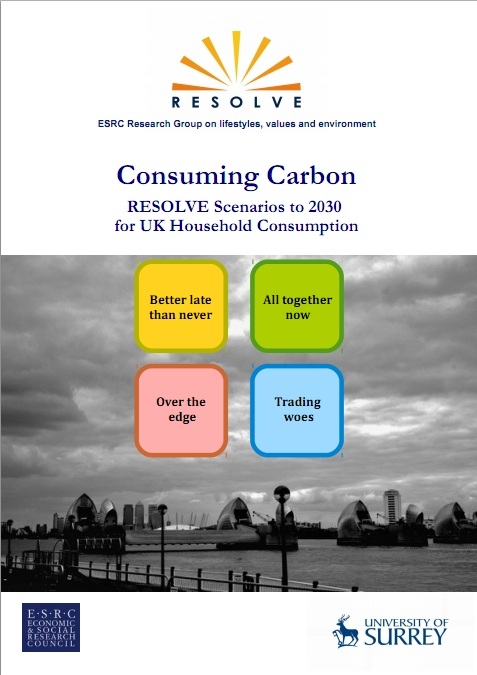Alexia Coke
Alexia Coke joined RESOLVE in autumn 2007 as a PhD student on H1 - policy and governance - strand. Alexia gained her first degree in Human Sciences at Oxford University, a Master of Education in Teaching, Curriculum and Learning Environments from Harvard University, and a Master of Science in Sustainable Agriculture from London University. Before joining CES Alexia worked as the Policy, Research and External Affairs Manager for the British Institute of Human Rights. Prior to this, she worked in international development, particularly in Asia, most recently as Deputy Director - Research for the policy-oriented Afghanistan Research and Evaluation Unit in Kabul.
PhD
Drawing on 'transition theory' in particular, this research will explore food, transport and energy-related projects currently being implemented by the Transition movement -- a 'community-led' initiative to promote a resilient low carbon future - and the nature of, and reasons for, any variation across different localities. The purpose is twofold. First, I hope to identify learning that may be useful to Transition Towns and to other groups attempting to initiate the development of low carbon communities, as well as those wishing to support such ventures, particularly policy-makers. Second, I wish to interrogate the potential applicability of technology-focused 'transition theory' to explaining the advent, 'diffusion' or demise of so-called social innovations within the broader context of social change and the role of 'new' social movements within this.
Specifically, the research will focus on:
- the usefulness of different elaborations of the concept of niches in relation to innovation as this relates to Transition Town activities: socio-technical (abstract), socio-political (social movement) and socio-ecological (place-based);
- whether there is evidence that Transition Town niches are being 'strategically managed'; if so, by whom, and with what implications for the governance of transitions;
- what purchase the concept social innovations has empirically, particularly in relation to the competing ideas of diffusion and reinvention;
- what relationships different Transition Towns are attempting to establish through their projects, and how this may relate to the concepts of regime and landscape, and the issue of scale.







